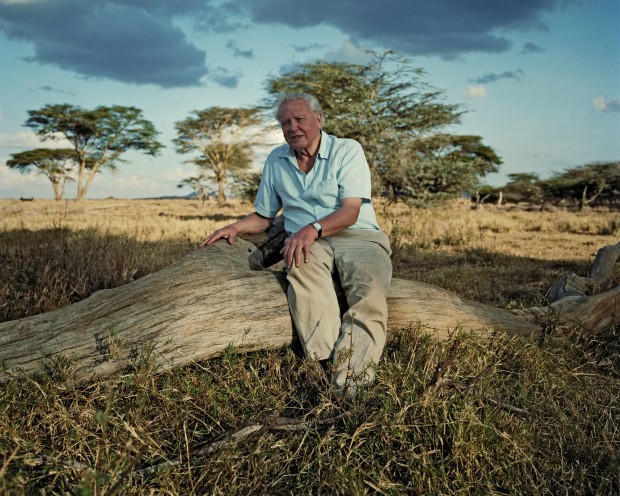– Emma Unwin contributed to this report
A research project led by academics at the University of Lincoln has found itself at the forefront of the BBC’s popular new series “Africa”, presented by Sir David Attenborough.

Footage showing Barbary macaques sheltering in a snowstorm formed the basis of the extraordinary opening scene of the fifth episode of the series, after a documentary film crew visited the field site of the Barbary Macaque Project in the Atlas Mountains of northern Morocco.
The episode, which was screened on BBC One, focused on the diversity of species living in and around the Sahara desert in North Africa.
Dr Bonaventura Majolo, from the School of Psychology at the University of Lincoln, first established the field site back in 2008, providing a unique platform for an international team of researchers to study the ecology and behaviour of Barbary macaques in their native habitat.
Dr Majolo said: “Barbary macaques are fascinating creatures and an incredibly important species for academics from across a range of disciplines. As the last primate species besides humans left in Africa, they give us a window into the evolution of all primates, and with it, a better understanding of human evolution.”
Barbary macaques are found in the wild in only a few wooded areas of the Atlas Mountains, where, for long periods of the year, the landscape is blanketed in snow.
Dr Majolo went on to say: “Sadly, their numbers have plunged dramatically during the last 30 years and they are classed as an IUCN Red List Threatened Species.”
He hopes that the work of the Barbary Macaque Project will help to improve understanding of the ecological threats that these animals now face and raise awareness to others of their significance.
Speaking on the team’s involvement in the BBC series, Dr Majolo said: “We were only too pleased to welcome the BBC film makers to our field site and it’s wonderful that the footage they captured featured so prominently in the series.”

